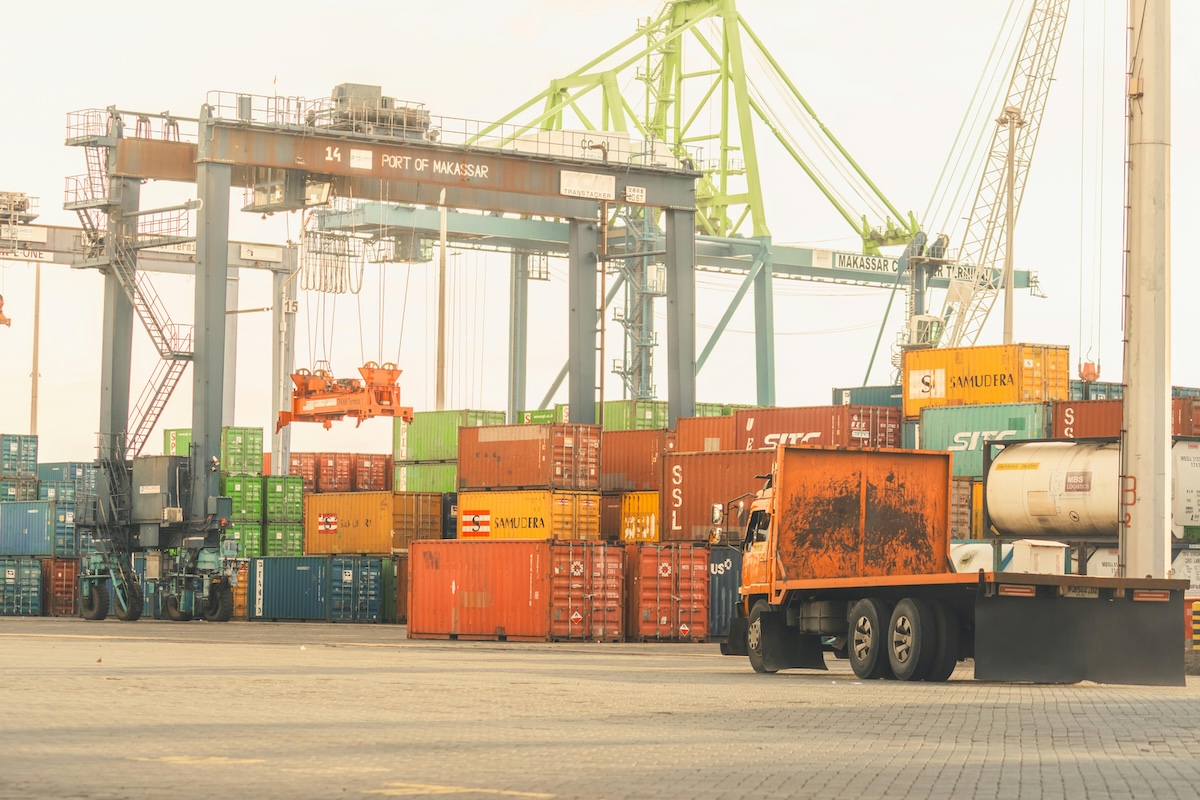Real Compliance Risks for I-29 Visa Petitions

Another case has reached settlement involving foreign nationals with unlicensed access to controlled technology. In this instance, the company knew the law and applied for the necessary license but neglected to wait until the license was issued. It provided an expensive lesson for them and a timely reminder for us all. Read the details below:
J.A. Losey & S.C. Flannery: ” Intevac Settlement Highlights Need for Export Control Compliance When Hiring Foreign Nationals”
* Authors: James A. Losey, Esq. and Sarah C. Flannery, Esq.
On February 24, 2014, the U.S. Department of Commerce’s Bureau of Industry and Security (BIS) announced a $115,000 civil settlement with Intevac, Inc. of Santa Clara, California for violations of the Export Administration Regulations (EAR), including allowing certain non-U.S. national employees access to controlled technology. The settlement emphasizes the need for companies to understand and comply with export rules when hiring non-U.S. nationals.
Intevac Case
Over a five-month period in 2007, Intevac gave a Russian national employed at its Santa Clara facility access to EAR-controlled drawings and blueprints without first obtaining an export license, violating the EAR’s so-called “deemed export” rule. Intevac later applied for an export license from BIS, but while the license application was pending, Intevac continued to allow the Russian national to have access to the controlled technology on the company’s servers. In its penalty assessment, BIS considered Intevac’s knowledge of these subsequent releases to be an aggravating factor. In addition, in 2010, Intevac allowed a Chinese national working at its subsidiary in Shenzhen, China to access EAR-controlled technology stored on an Intevac server in Santa Clara.
Deemed Export Rules
Under the EAR, the release of controlled technology to a foreign national in the United States is a “deemed export” to that foreign national’s home country. The deemed export violates the EAR if an export license would have been required to actually export the technology to the foreign national’s home country. This rule applies even if the foreign national is an employee of a U.S. company working in the United States under a valid employment visa.
U.S. Immigration Certification Requirements
On February 20, 2011, new deemed export certification requirements took effect for the U.S. Citizenship & Immigration Service (USCIS) Form I-129 application. Form I-129, used by companies sponsoring employees for most employment-based visas, requires a “Certification Regarding the Release of Controlled Technology or Technical Data to Foreign Persons in the United States.” The form now requires employers to certify they have reviewed the export control requirements applicable to that individual and determined whether a deemed export license is necessary. If a license is required, the employer must certify that it will restrict the individual’s access to the controlled technology until the license is obtained. Falsely certifying on Form I-129 that the foreign national will not have access to controlled technology is a separate violation from any underlying deemed export violation.
Lessons Learned
The Intevac settlement shows that BIS considers giving a foreign national access to controlled technology to be an export – wherever that foreign national is located. The case provides a cogent reminder that when sponsoring foreign national employees for USCIS benefits, companies need to carefully assess whether an export license is required. Moreover, the case emphasizes the need for companies with controlled technology stored on servers to have compliance procedures in place to mitigate the risk of deemed or actual export violations.










